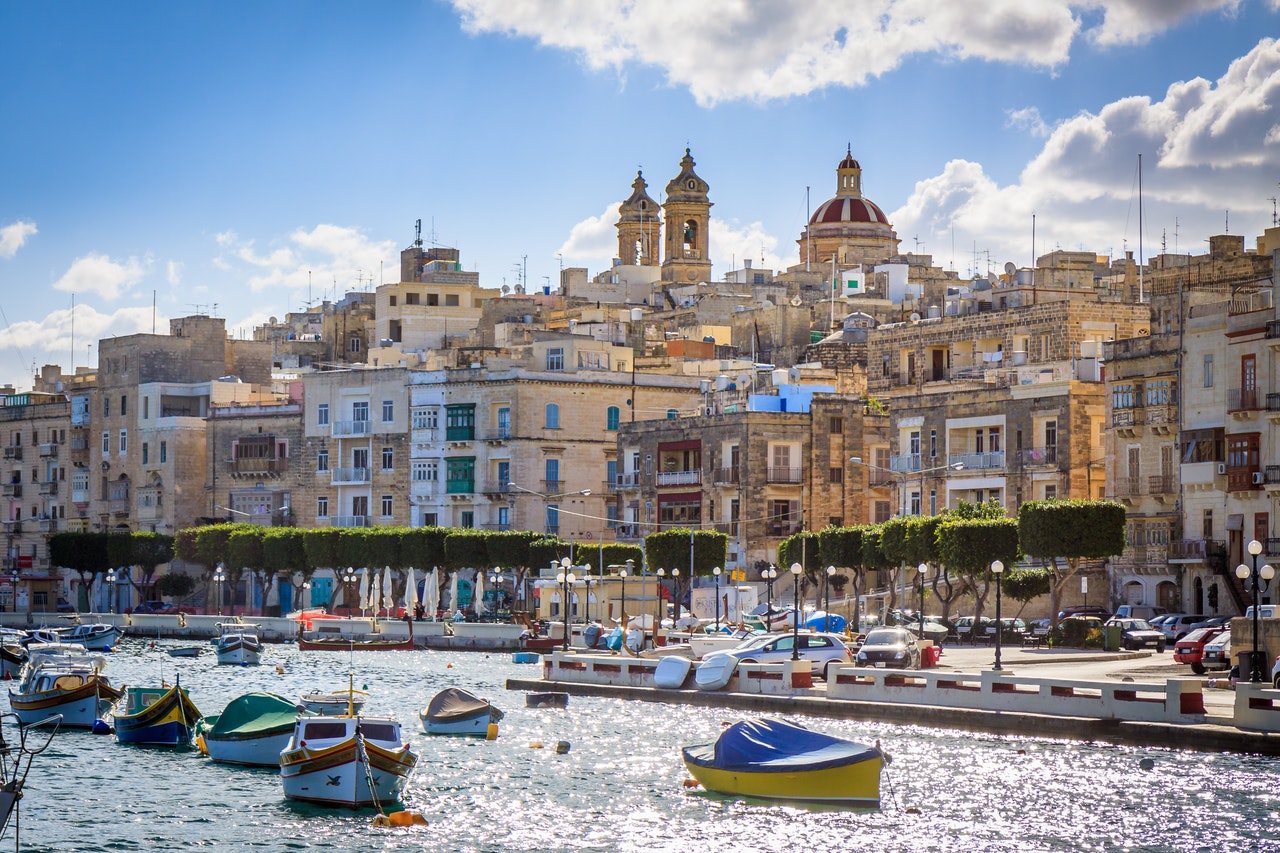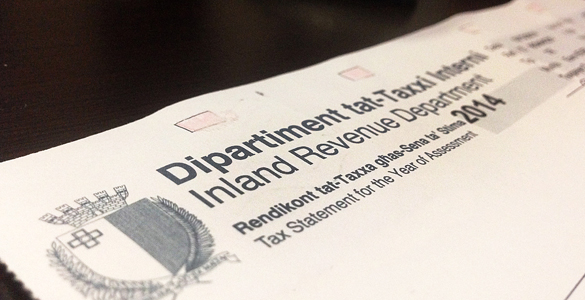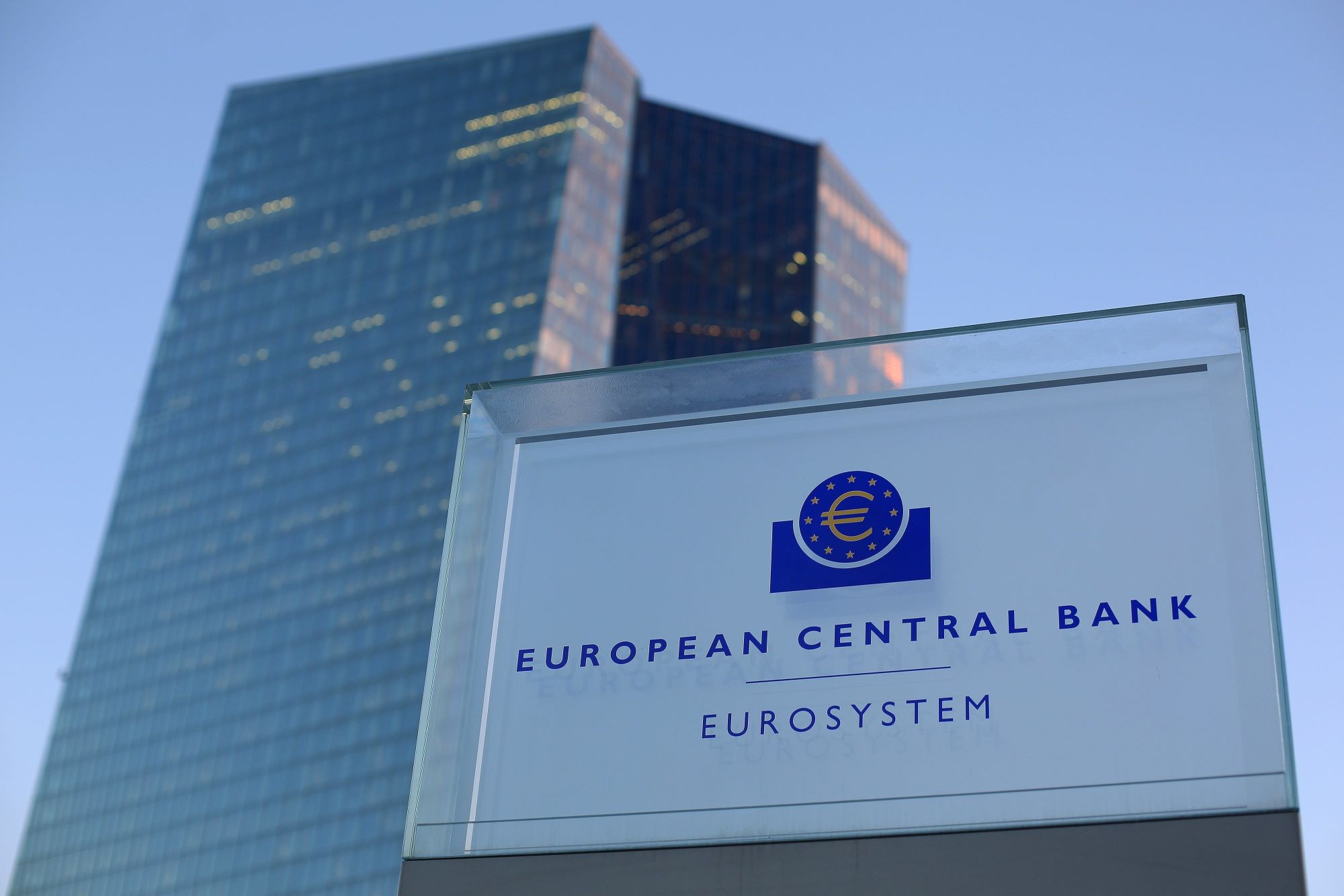By the end of 2020, the Government’s Consolidated Fund reported a defi it of €1,467.9 million, the National Statistics Office (NSO) reported on Tuesday.
Revenue
In 2020, Recurrent Revenue amounted to €4,389.3 million, 11.7 per cent lower than the €4,972.9 million reported a year earlier.
Income Tax recorded the largest decrease of €229.1 million. Additional drops were also witnessed under Value Added Tax (€177.1 million), Licences, Taxes and Fines (€86.7 million), Grants (€73.9 million), Customs and Excise Duties (€67.7 million), Reimbursements (€14.5 million), Dividends on Investment (€6.6 million), Rents (€0.8 million) and Interest on loans made by Government (€0.1 million).
The drop in revenue was marginally offset by increases reported under Fees of Office (€32.1 million), Miscellaneous Receipts (€20.1 million), Social Security (€17.3 million) and Central Bank of Malta (€3.5 million).
Expenditure
During 2020, total expenditure stood at €5,857.2 million, 18.0 per cent higher than the previous year.
In 2020, Recurrent Expenditure totalled €4,638.9 million, a rise of €422.7 million in comparison to the €4,216.2 million reported in 2019.
The main contributor to this increase was a €276.4 million rise recorded under Programmes and Initiatives.
Furthermore, increases were also witnessed under Contributions to Government Entities (€88.9 million), Operational and Maintenance Expenses (€38.4 million) and Personal Emoluments (€19.0 million).
The main developments in the Programmes and Initiatives category involved added outlays towards Social security benefits (€79.0 million, of which €14.5 million were spent on COVID-19 social benefits), Medicines and surgical materials (€49.2 million), the Economic regeneration voucher scheme (€45.3 million), Housing programmes (€15.8 million), Feed-in-tariff (€15.0 million), Extension of the school transport network (€9.8 million), Cancer treatment (€8.0 million), St Vincent de Paul Residence service contract (€7.8 million), Church schools (€7.5 million), Waiting lists for medical services (€7.1 million), Detention service, Public service obligation for public transport (both €6.9 million), Compensation payments (€5.7 million), Additional street sweeping services and Chief medical officer medicines (both €5.0 million).
In addition, the interest component of public debt servicing costs totaled €181.2 million, an €11.1 million drop in comparison to 2019.
Capital Expenditure
By the end of December 2020, Government’s capital spending amounted to €1,037.1 million, €482.1 million higher than 2019, largely due to additional spending towards Investment incentives (€406.7 million).
These incentives amounted to €434.9 million, of which €384.2 million was spent in relation to the COVID-19 Business Assistance Programme.
Furthermore, there were increases reported under Property, plant and equipment (€52.5 million), Road construction/improvements (€11.7 million), Maritime facilities (€10.0 million), Film industry incentives (€8.3 million) and ICT (€7.6 million). In contrast, spending under Contribution towards Treasury clearance fund fell by €19.9 million.
Impact of COVID-19
The difference between total revenue and expenditure resulted in a deficit of €1,467.9 million being reported in the Government’s Consolidated Fund at the end of 2020.
This represented an increase in deficit of €1,477.3 million when compared to the surplus of €9.4 million witnessed during 2019. This difference mirrors an increase in total expenditure, consisting of Recurrent Expenditure (€422.7 million), Interest (-€11.1 million) and Capital Expenditure (€482.1 million), in addition to a drop in Recurrent Revenue (€583.6 million). Decreases in revenue and increases in expenditure reflect developments related to COVID-19, the NSO noted.
At the end of 2020, Central Government debt stood at €6,765.2 million, a €1,437.0 million rise from 2019. Increases reported under Malta Government Stocks (€873.5 million) and Treasury Bills (€344.0 million) were the main contributors to the rise in debt. Foreign Loans registered an increase of €119.9 million, largely reflecting the €120.0 million EU loan from the temporary Support to mitigate Unemployment Risks in an Emergency (SURE) instrument. Higher debt was also reported under the 62+ Malta Government Savings Bond (€90.7 million) and Euro coins issued in the name of the Treasury (€1.2 million).
Finally, lower holdings by government funds in Malta Government Stocks resulted in an increase in debt of €7.9 million.
Top 5% of taxpayers responsible for one-third of all income tax paid in Malta
On the other hand, the bottom third of income earners pay just 1.7% of all income tax generated
The Malta Institute of Accountants prepares for its 2024 Anti-Money Laundering Conference
Held at the Radisson Blu, St Julians, this latest AML Conference promises to bring exclusive insights on new procedures
Eurozone interest rates to remain unchanged
The European Central Bank noted that price pressures remain persistent






